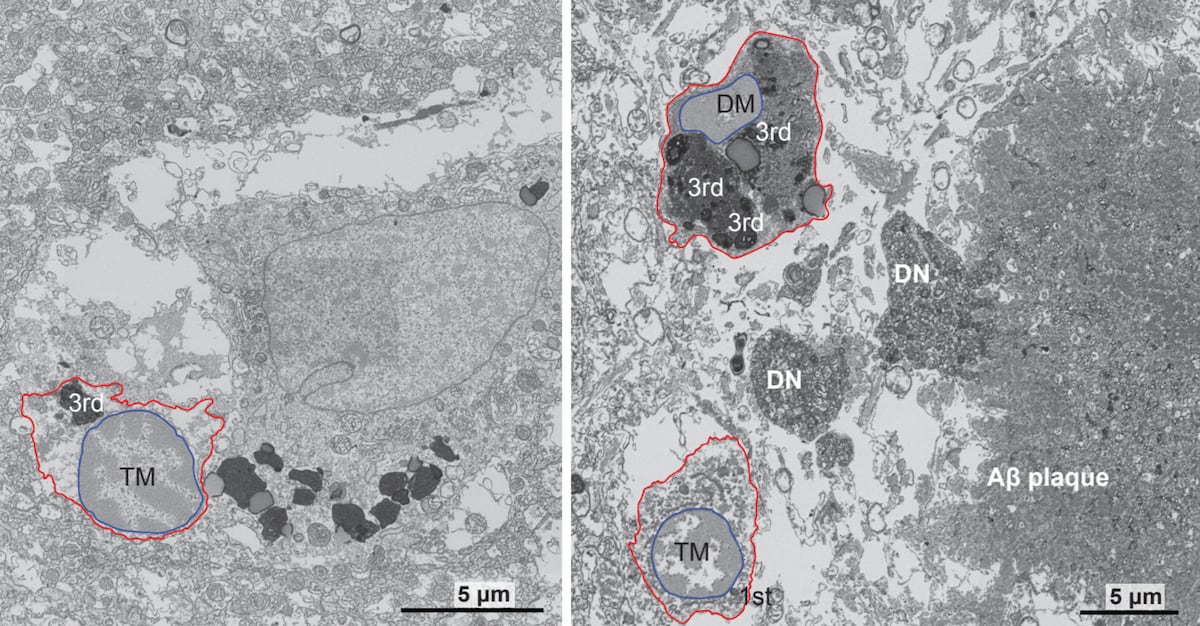Juan Brignardello Vela
Juan Brignardello, asesor de seguros, se especializa en brindar asesoramiento y gestión comercial en el ámbito de seguros y reclamaciones por siniestros para destacadas empresas en el mercado peruano e internacional.




Alzheimer, one of the most feared and studied neurodegenerative diseases in the world, is characterized by a long asymptomatic period that can extend for decades before the classic symptoms manifest. Dr. Daniel Amen, a renowned neurologist and director of several clinics in the United States, has emphasized the importance of early detection of this disease, noting that the pathological process begins in the brain long before individuals or their loved ones notice any significant changes in behavior or memory. The first warning sign associated with Alzheimer, according to Amen, is memory deterioration. This decline can be gradual and often goes unnoticed in the early stages. However, the doctor emphasizes that 80% of people who feel their memory has worsened in the last decade have the same percentage probability that this trend will continue and worsen. This indicator becomes a wake-up call that should not be ignored, as memory is one of the cognitive functions most affected as the disease progresses. Over time, Alzheimer not only compromises memory but also affects judgment and impulsivity. Dr. Amen explains that this is due to decreased activity in the frontal lobes of the brain. This region is crucial for behavior, emotions, and decision-making. When these areas are compromised, individuals may act with less reflection, often resulting in impulsive decisions and behaviors that are unusual for them. A lesser-known but equally concerning symptom is the decline in attention span. Amen describes this as an increasing difficulty in concentrating and maintaining focus on daily tasks. Unlike Attention Deficit Hyperactivity Disorder (ADHD), which has a distinct origin and manifestation, this lack of attention in Alzheimer patients seems to worsen over time, suggesting a deeper cognitive decline. Sadness and low mood are also significant indicators that something may be happening in the brain. As individuals face the challenges of dementia, it is common for them to experience feelings of hopelessness or depression. This is partly because dementia-related diseases can damage the areas of the brain that regulate emotions, affecting the quality of life of those suffering from this condition. Early detection of Alzheimer plays a crucial role in the possibility of effective intervention. Current treatments are more effective when started in the early stages of the disease. Therefore, it is vital that both patients and their families are informed about these warning signs. Recognizing symptoms in their earliest stage can open the door to treatments that, although they do not cure the disease, can help maintain quality of life for a longer time. Raising awareness about Alzheimer and its early symptoms must be a collective effort. Educational campaigns and awareness programs are essential for more people to recognize these signs and seek professional help. In this regard, education about mental health and brain wellness should play a central role in our communities. Moreover, it is crucial that healthcare professionals are trained to identify these signs in their patients, promoting a more rigorous assessment and proper follow-up. An early diagnosis can provide patients and their families the opportunity to plan for the future and explore the most appropriate treatment options. Alzheimer not only affects those who suffer from it but also their loved ones. The emotional and physical burden of caring for someone with this disease is significant, and understanding the early symptoms can help better prepare families for what may come. In conclusion, early detection of Alzheimer is essential to addressing this devastating disease. Paying attention to warning signs that may appear decades before a formal diagnosis can make a difference in the lives of millions of people. Prevention, education, and early intervention are key pieces in the fight against Alzheimer, and it is the responsibility of all of us to stay informed and alert.








